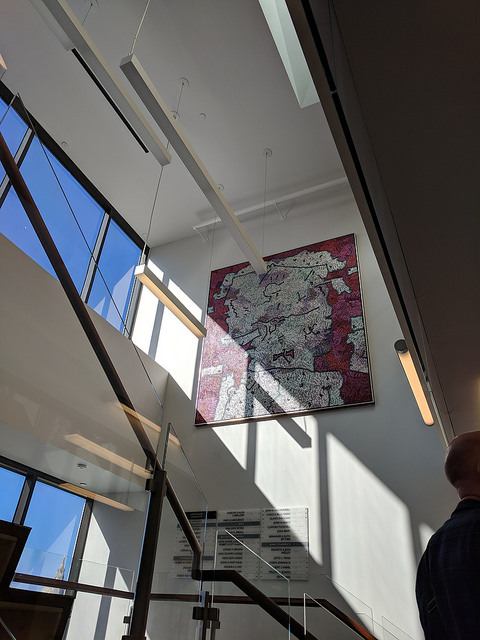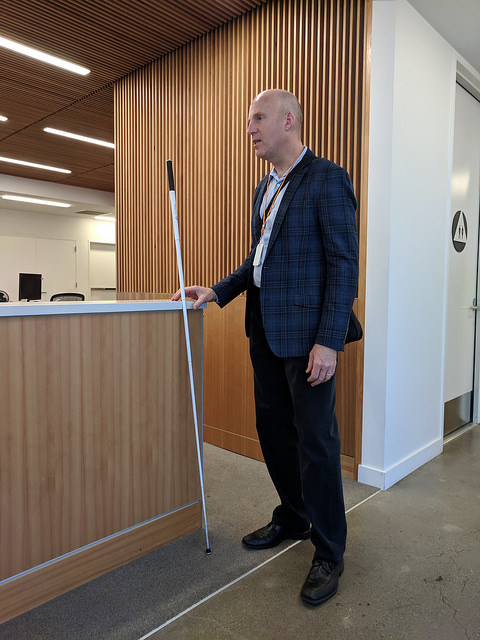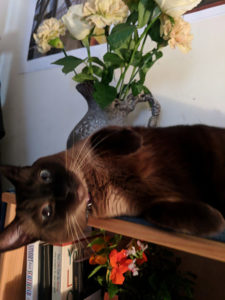Progress on BART interactive fiction
I threw out the first prototype trying to write a train simulation from scratch and started over using Emily Short’s Inform7 extension Transit System. Now, I have two working train lines, the Red Line going from Daly City to Richmond, and the Yellow Line going from Daly City to Antioch. I could not quite figure out how to make the trains go north and then turn around and come south again and still be able to tell the direction of the travel from the platform. I’m leaning towards having separate north and south lines for each train, arriving at their correct platforms within the station.
Then, because I went all through the 24th St Mission station (the agent kindly let me in free to take notes!) I thought more about the level of detail for the game. I could stick with a very simple model or could make it very walkable in a way that means by playing the game you’d learn the geography. Leaning towards starting simple but having a placeholder for each station, then expanding the station descriptions and maps gradually as I go.
I also implemented (early this morning!) player choice for mobility and sightedness. I may write something for cane use but I sort of don’t want to write service dog, maybe because I know almost nothing about them but also because I am not super fond of dogs. It could be an expansion later. But, I’m figuring out how to make the choices impact each room, thing, and the player experience. I may write a “tap” command that would work like an extra sense in the Touchy Feely sensory extension. I could replace “look” with “tap” for example but I’m leaning towards, “look” will say something either practical or snarky (randomly). The practical would encourage the blind or low vision character to listen, tap (with cane), feel, smell. I have to figure out what “examine” would be understood as (feel for objects, tap for a room, maybe, and “listen attentively” if it’s an NPC). I ended up last night late reading blind wheelchair user forums for thoughts on handling blind/low vision plus manual or powerchair use together in descriptions of rooms or actions.
Coming this weekend an initial github repo with (playable) early versions of the game for testing. There will not be much game there yet but the mechanisms will work and you can board trains and walk (or roll) around.
Notes on 24th street station, I spent my lunch hour there yesterday taking notes and drawing maps. I sat one bench over from the Raccoon McDonalds guy while I ate my burrito and scribbled in my notebook in the Northeast plaza. A lady was selling tamales there – we smiled at each other a lot as i ate my delicious burrito – I saw someone with a chihuahua in a sweater, Lots of music in the background including, in El Farolito, some mariachi guys who wandered in with guitars, accordion, and a big speaker on a hand truck, the murals, rather a lot of pigeons, the tall washingtonia palms, the chinese donut place, silver stone coffee tea cafe, the Southwest corner plaza and its lively market scene, construction going on in the concourse level, saxophone player in the stairwell, the lovely arched ceilings that make me think of how some airport architecture is, like a hangar or wings, the abstract concrete bas reliefs in both majestic stairwells and the strange ridging of the walls (for decoration? for acoustics?) Anti pigeon nails everywhere in high up places. Of course the elevators…. And the platform with its brown and orange tile, its mysterious locked rooms, its beige “contact agent” phones which I longed to pick up but did not quite dare.
The game will have magic, and time travel, by the way! Working title, “Transitory”.


